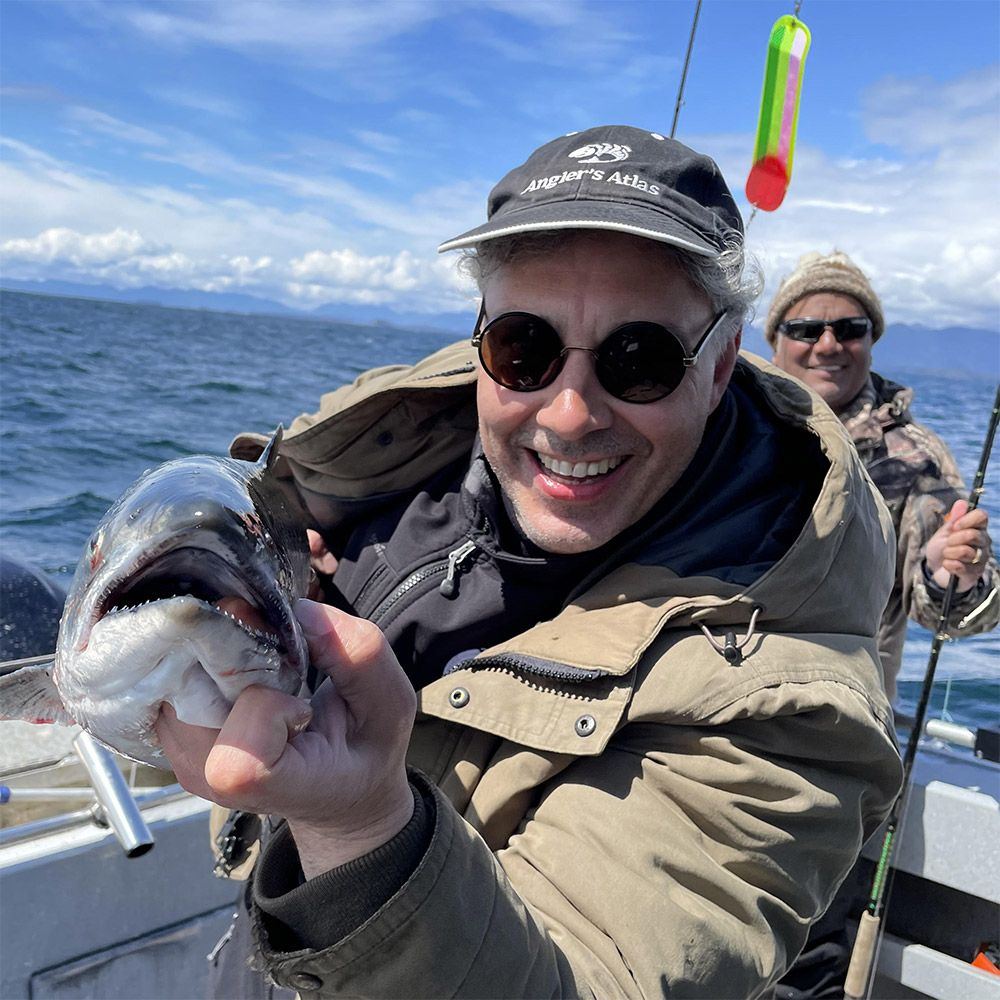NRESi Colloquium - How Anglers Are Practising Citizen Science Across North America In Support Of Fisheries Science And Management - Sean Simmons

Citizen science has become an appealing option for many scientists who want to find alternative methods to collect data, especially when resources are sparse. However there are many challenges using this approach to carry out fisheries science, such as angler recruitment, quality assurance, and technical difficulties. To overcome these challenges, a local firm that runs Angler’s Atlas has developed a new method for solving these problems by using an “event based model" of citizen science, where events are tailored to specific experimental designs and then run through their mobile app, MyCatch. Some important benefits of this approach are that experiments can be rapidly set-up, incentives can be easily integrated into angler recruitment, and results are provided in near real-time. During this presentation, examples will be discussed that illustrate how this approach has been applied to support walleye management in Iowa; generating a real-time population estimate of Largemouth Bass in a Washington State lake; and a pilot project to track the presence and prevalence across North America of a recently discovered virus on black bass, commonly called blotchy bass syndrome.
The Natural Resources & Environmental Studies Institute (NRESi) at UNBC hosts a weekly lecture series at the Prince George campus. Anyone from the university or wider community with interest in the topic area is welcome to attend. Presentations are also made available to remote participants through Zoom Webinar. Go to http://www.unbc.ca/nres-institute/colloquium-webcasts to view the presentation remotely.
Past NRESi colloquium presentations and special lectures can be viewed on our video archive, available here.